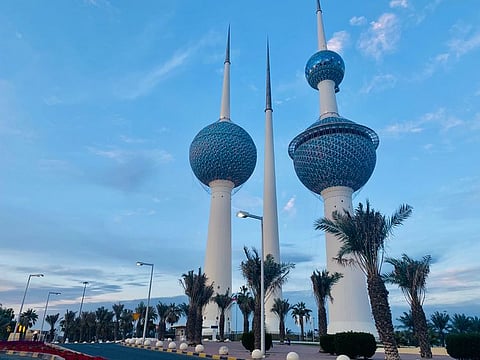Kuwait set to resume soon visas for Lebanese
Step comes amid thaw in Gulf ties with Beirut after months-long strains

Cairo: Kuwait is expected soon to resume issuing visas for Lebanese amid a thaw in ties between Lebanon and the Gulf countries after months of strains, a Kuwaiti newspaper has said.
Earlier this month, Kuwait and Saudi Arabia sent back their ambassadors to Lebanon after withdrawing them last October in a sharp diplomatic row with Beirut.
The return of the Kuwaiti and Saudi envoys to Beirut is seen as signalling an end to the crisis with Lebanon, which has been roiled by economic woes in recent months.
Al Qabas newspaper, citing security sources, said the residency affairs departments across Kuwait are ready to receive applications from the Lebanese once a government decision is made to resume issuing visas for them. Such visas have been on hold for around five months.
Initially, the visa re-issuance for Lebanese will begin with trade and official visas to be followed by labour visas, the sources said.
“Then will come family, tourism and dependency visas. The State Security Service will conduct review and verification of any type of visas before it is issued as was previously the case,” the sources said.
In recent years, Kuwait made several arrests over links with and funding of the pro-Iran Lebanese Hezbollah movement.
Last November Kuwait announced dismantling a cell suspected of having connections with Hezbollah and financing its activities.
The suspects were questioned by the Kuwaiti State Security Service on charges including money laundering for Hezbollah and encouraging young Kuwaitis to collaborate with the Lebanese movement, carry out terror acts and smuggle drugs in Syria and Yemen, Kuwaiti media said at the time.
The case surfaced amid a diplomatic crisis between the Gulf countries, including Kuwait, with Lebanon after its then information minister George Kurdahi had made remarks supporting Yemen’s Iran-aligned Houthi rebels. Kurdahi resigned in December amid efforts to defuse the crisis.
In 2015, Kuwait uncovered a group, dubbed Al Abadli Cell, charged with spying for Iran and Hezbollah as well as stockpiling weapons.



